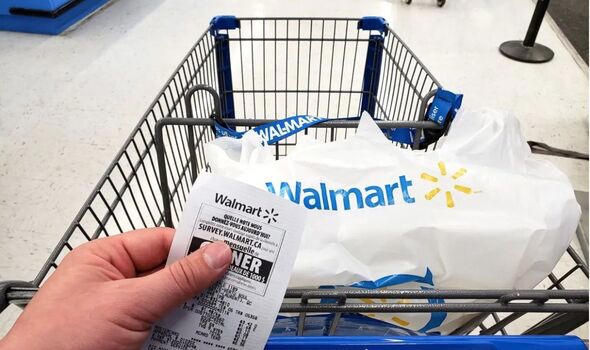The frustration of a Walmart shopper from Foreston, Minnesota, has brought attention to the practice of receipt checks at the store’s exit doors and ignited a broader conversation about customer rights and retail policies.
In her May Facebook post, the customer voiced her reluctance to comply with Walmart’s requirement to show her receipt upon leaving the store. She emphasized that her objection was not due to suspicion of shoplifting but rather a plea for the availability of more regular registers, suggesting that if more registers were open, the need for receipt checks might diminish. Her sentiment resonated with others, reflecting a common sentiment among shoppers who find the receipt-checking process intrusive or unnecessary.
Legally, the situation is nuanced. Unlike membership-based retailers such as Costco or Sam’s Club, where customers explicitly agree to receipt checks as a condition of membership, Walmart operates under different legal principles. According to legal expert Alex Colangelo, who spoke with the Toronto Star, Walmart cannot legally compel customers to show their receipts unless there is a reasonable suspicion of theft. This distinction arises from the broader legal framework governing privacy rights and the limits of retail store security measures.
The customer’s reference to her legal reading, which she did not specify in detail, aligns with this understanding. It underscores the consumer’s awareness of her rights in a retail setting where receipt checks are standard practice but not necessarily mandatory under all circumstances.
Beyond legalities, the incident also raises questions about the role of store security and loss-prevention officers. Unlike police officers who possess broad arrest powers under criminal law, retail security personnel operate within narrower confines. Their authority is primarily focused on deterring theft and ensuring store safety rather than enforcing mandatory receipt checks absent reasonable suspicion.
This debate reflects broader concerns about customer privacy and the balance between retail security measures and consumer rights. As discussions continue, the incident serves as a reminder of the evolving landscape of retail practices and the importance of respecting customer preferences while maintaining effective loss prevention strategies.
In conclusion, the Foreston shopper’s stance highlights a significant aspect of consumer advocacy in retail environments, prompting ongoing dialogue about the rights of shoppers, the responsibilities of retailers, and the legal frameworks that govern them.
